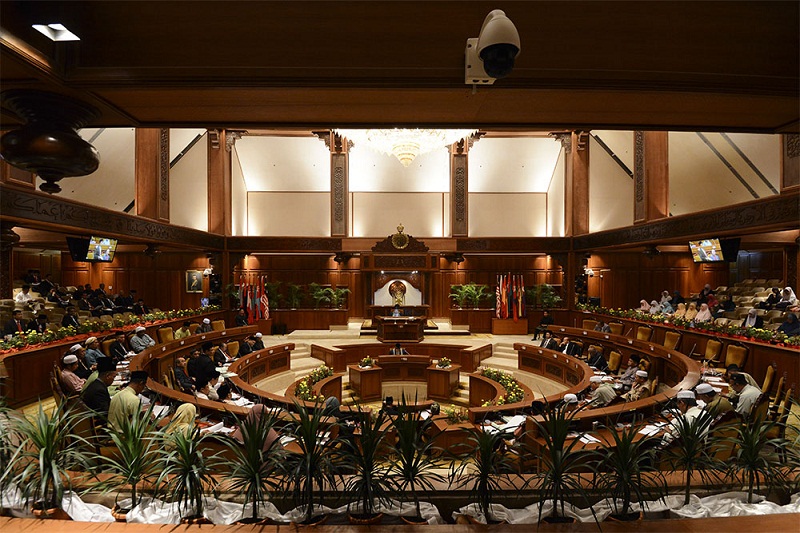KOTA BARU, March 18 — A Kelantanese Muslim found guilty of offences classified under “irtidah” or “riddah”, which include apostasy, could face the death penalty should the state succeed in implementing hudud.
“Irtidad” or “riddah” are offences defined in the Shariah Criminal Code II (1993) as voluntary or deliberate pronouncements or utterance of words that affect or go against the “aqidah” in Islamic religion.
It further defined the acts of affecting aqidah as anything that challenges the fundamental “aspects” of the Islamic religion which are deemed to have been known and believed by every Muslim as part of his general knowledge for being a Muslim.
“Such as matter pertaining to Rukun Islam, Rukun Iman and matters of halal (permissible or lawful) or haram (the prohibited or the unlawful),” the bill added.
But no clear definition was given as to what constitutes a violation of the Rukun Islam or Rukun Iman and such laws in Islam can also vary according to different school of thoughts, meaning the power to determine what is wrong or right in Islam lies in the hand of state authorities.
Although the Code provided that the immediate punishment is imprisonment over a period deemed suitable by the Shariah Court for the purpose of repentance, it later said that punishment could go as serious as execution if the offender fails to repent.
“Provided that when he repents whether the repentance is done before the death sentence is pronounced or after such pronouncement is carried out, he shall be free of the hudud sentence and his forfeited property shall be returned to him”.
The Kelantan PAS government is scheduled to table amendments to the Enactment for debate at 11am press time.
Details of the proposed amendments, however, have not been made public nor did the PAS-led state administration share copies of the bill with their Pakatan Rakyat (PR) partners until last week.
When the draft was shared last Thursday, the PR presidential council told PAS to “reconsider” its amendments, with one DAP man telling the Islamist party that the proposed changes were entirely a new piece of legislation instead of minor updates to the Kelantan Shariah Criminal Code Enactment II 1993 as previously claimed.
The DAP lawmaker, Puchong MP Gobind Singh Deo also said DAP will continue to reject hudud as it was “impractical and against Pakatan’s common policy framework.”
On Sunday, however, Kelantan Deputy Mentri Besar Datuk Mohd Amar Nik Abdullah said the state will proceed with tabling the proposed changes this week and will not revise the draft as requested by the PR presidential council.




















